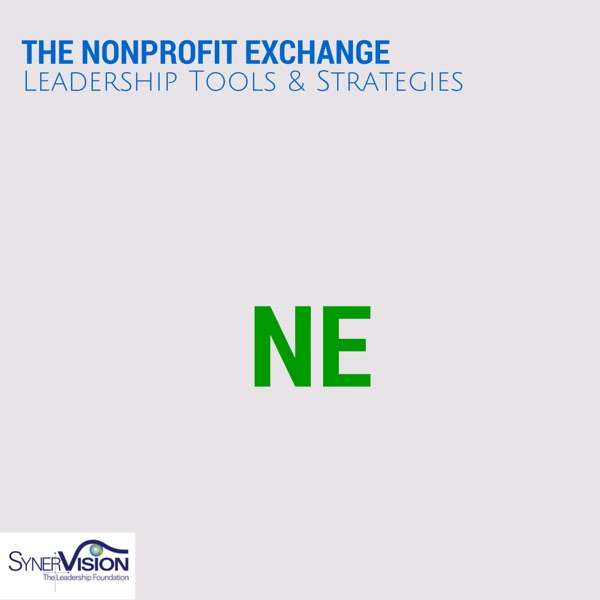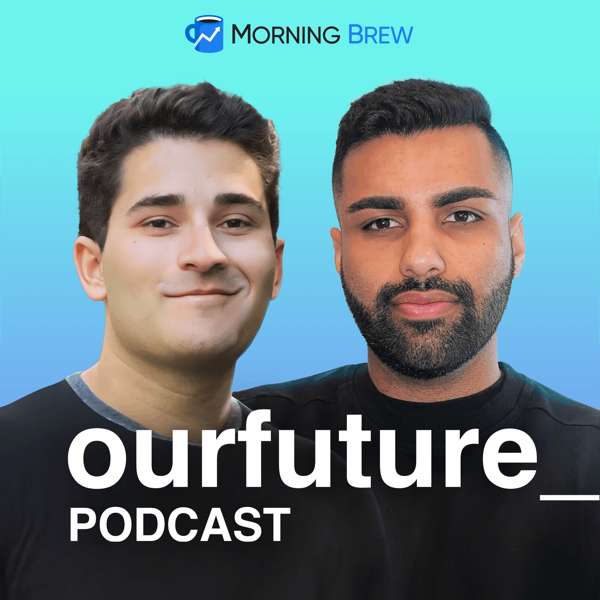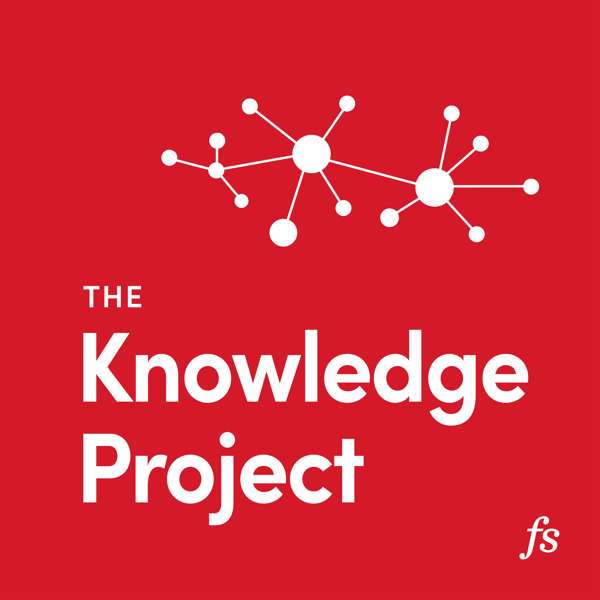If we could get the first five years of life right, it would transform society: less crime, less violence, less poverty, more people having happy, productive lives.
Lots of research backs that up. When young children suffer from poor health, neglect, missed learning opportunities, or trauma, they can pay for it for the rest of their lives. So do the rest of us. Many of our biggest social problems originate in troubled childhoods.
So if the goal is to make the world better, improving life for the very young is one of the best things we can do.
The people of California took a step in that direction in 1998 by passing Proposition 10. That created a state commission called First 5 and funded it with a tobacco tax. First 5 finds and supports effective early childhood programs. It also advocates on behalf of young children.
The work gets done through 58 local First 5's, one in each California county. Spencer's guest is Gabriel Sanchez, the Director of Communications for the biggest one: First LA, covering Los Angeles County.
Spencer first met Gabriel while both were doing communications work for the 2008 Obama for America campaign. As you'll hear, Gabriel's experience includes politics, government, education, and now, trying to change the way we think about and invest in early childhood.
Show Links
First 5 LA First 5 California First 5 Parents' Site The Power of Moments, by Chip and Dan Heath (source of Gabriel's "trip over the truth" reference) "Myers study: Investing in children critical to nation's economic, political future" "How to Say 'No' to a Toddler (Without Actually Saying No)"
Gabriel Sanchez
LinkedIn: www.linkedin.com/in/gabrielsanchez
Southern California native Gabriel Sanchez is the Director of Communications at First 5 LA. As the principal communications and marketing strategist for the organization, Gabriel leads a department of 12 to spearhead communications, media, social marketing, public education, advertising, digital and social media, sponsorships and related activities for First 5 LA's ongoing work to support young children and their parents across Los Angeles County.
Gabriel came to First 5 LA from Green Dot Public Schools, where he was the communications director. Previously, he was a senior strategist with The Strategy Group in Pasadena and an independent communications consultant in Orange County, serving a range of corporate, labor and political clients. He also has served in top communications roles in the offices of then-Governor Gray Davis and then-Assembly Speaker Fabian Núñez. During the 2008 presidential campaign, he was the California Communications Director for Obama for America.
Gabriel is a graduate of California State University Fullerton with a bachelor's degree in political science and Chicano studies. He is in the process of completing a master's degree in political science from Suffolk University in Boston, MA. He also is a graduate of the MALDEF Leadership Development Program, and Cal State Fullerton's Leadership Institute.
A Letter from Gabriel to His First 5 LA Communications Staff
I was thinking deeply about the "why" of what we do. We point to facts and figures on brain development. We talk about outcome areas. Yes, it's about kids. Yet I feel we aren't connecting with audiences.
Then I thought about how parents are the focus of our work.
What do parents do when they become parents? They re-order and re-prioritize their lives. Parents sacrifice. Parents go without. No more going out to eat, weekend getaways or fancy sportcars (if you could afford that earlier). Sleep is a like a long-lost friend you hope to see again someday.
Why? Why endure all of that? Because parents want that little human to be the best they can possibly be.
We speak that truth in the tagline below our current logo, but I offer to you we haven't embraced it fully.
Aside from some tax credits, there isn't any new revenue that comes in when you have a child. Your spending on baby furniture, food and clothing skyrocket. And your household income may dip if one parent chooses or has to stay home with baby. We offer tips, ideas and resources to parents to help with these priorities. We don't ask parents to "make a greater investment in early childhood development."
Maybe we shouldn't ask decision makers and lawmakers either.
Rather, we should ask them to "think like a parent" and prioritize policies accordingly. We can bridge our parenting and community audiences with decision makers by messaging a "parenting approach to policies." Parents – that, is constituents - sacrifice and re-prioritize to give their kids the best start. We should ask lawmakers to do the same, across all policies.
We should be asking decision makers and lawmakers to re-order their priorities, not make new investments, as if they too were parents and had to sacrifice for their kids.
The Mercury News last week and the NYT's California Today newsletter capture examples of decision makers taking a parenting approach to law making. In this case, it's because they became parents themselves and "tripped over the truth." (h/t Dan and Chip Heath, the authors "The Power of Moments," who say, "the way to get an idea to stick is to have someone experience it.")
I can share my own example. I would have never lobbied my friend, then-Assembly Member Ricardo Lara, on diaper changing tables in mens' restrooms unless I had experienced, first-hand, the frustration of needing to change my daughter's diaper in stores that sold diapers and baby food.
I'm not sure how this can fit into the message platform development, but I wanted to share the idea.
Gabriel

 Our TOPPODCAST Picks
Our TOPPODCAST Picks  Stay Connected
Stay Connected







